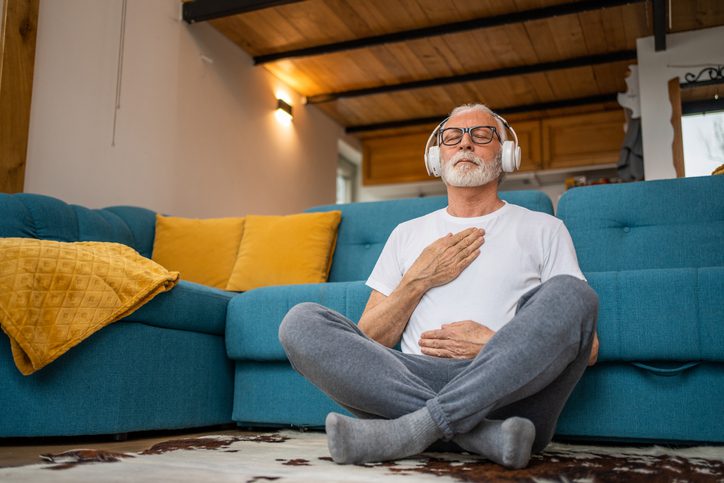We Are Not So Good at Slowing Down
Most of us feel a lot of pressure to be productive all of the time. We have trouble relaxing or even taking a break from all of the activities that fill up our days.
We feel a lot of pressure at work, our family lives are chock full of activity, and other obligations—to a faith community, for example—seem to snatch up what time remains. Sure, we might veg out in front of the television or allow ourselves to engage in some doomscrolling on our phones, but by and large, we go and we go and we go. And we do that day after day after day.
Sometimes, an engaging hobby can bridge the gap between the desire to feel productive and the desire to do something for yourself. But even convincing yourself to pursue a hobby can take some extra effort—including making the decision to put time for your hobby in your schedule so that you treat it with seriousness.
But there is one activity that looks a lot like doing nothing that can really provide something of value when it comes to your mental health. We are talking about mindfulness practice.
What is Mindfulness Practice?
Have you ever noticed how little time your mind spends thinking about the present moment? For many people, the mind seems to shuttle between two poles—replaying the past and everything you might regret about it, and imagining the future and everything that might go wrong. Neither rumination about the past nor anxiety about the future is good for your mental health.
Individuals who make time for mindfulness, however, interrupt the cycle of looking backwards or forwards rather than at what is right in front of them. The process is a simple one characterized by sitting quietly (often with your eyes closed), with your attention on the natural in and out rhythm of your breathing. While you are doing this, it is likely—natural even—that your thoughts will wander off. When you notice this happening, you simply refocus your attention on your breathing. Maintaining a spirit of curiosity can help you maintain your focus. Here is a quick and easy example of a mindfulness exercise.
As your mindfulness practice develops, you will likely find that you are able to stay present more of the time as you go about your day-to-day activities. Benefits may include reduced stress and increased calmness—and those changes support your mental well-being.
Again, mindfulness practice can look a lot like you are doing nothing—and in a certain sense that is exactly right. But that commitment to being present really amounts to something when you can bring that mindful attention to bear on your daily activities.
Variations on the Mindfulness Model
Maybe you can’t really imagine yourself sitting quietly and focusing on your breath. That is perfectly okay. There are other ways to pursue the benefits of mindfulness practice.
For example, music can help shape your mindfulness practice so that it works well for you. Indeed, music and mindfulness can be an extremely effective combination for some people.
If you think you need something more physical, you might consider taking up yoga. The practice, which also involves focusing on the breath as well as a range of stretches and poses, might be thought of as a kind of physical version of mindfulness practice.
And if you are a person in recovery from a substance use disorder, you might consider a type of mindfulness known as “urge surfing.” When it comes to dealing with urges and cravings, urge surfing draws on the same sorts of techniques that are part of mindfulness practice. Bringing your attention to an urge and treating it with curiosity can help you weather the moment with your sobriety intact.
Keep in Mind that Johnstown Heights Can Help
Located in Johnstown, Colorado, Johnstown Heights Behavioral Health offers personalized treatment for a whole range of mental health disorders—including the various kinds of depression, anxiety and panic disorders, and disorder stemming from trauma. We understand that no two individuals have identical needs, and so we provide treatment plans designed to address specific issues and concerns. We can help you improve your mental health and maintain those improvements over time.
We encourage you to make up your mind to get the help and support you need to effectively address a mental health disorder. We are ready when you are.







